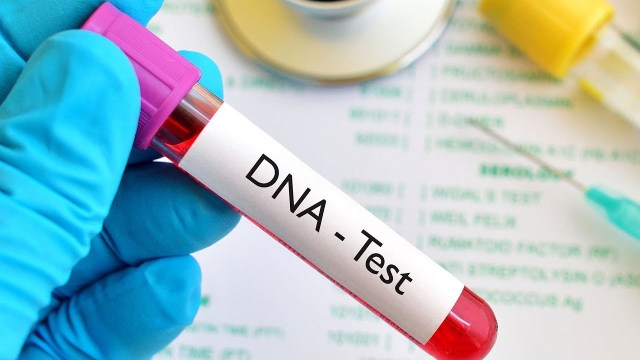Smart DNA, a prominent DNA testing center based in Lagos, Nigeria, has published a comprehensive data analysis of all relationship DNA tests conducted at its facility between July 1, 2022, and June 30, 2023.
The report provides insights into DNA testing trends across Nigeria, shedding light on the reasons people seek testing, demographics of those tested, and test outcomes.
Key findings from the report include:
Positive Results: Approximately 73.88% of tests confirmed that men were the biological fathers of the children they queried their paternity, while 26.12% yielded negative results.
Geographical Spread: Lagos accounted for the highest percentage of tests at 82.89%, followed by Oyo (3.29%), Ogun (3.07%), FCT (2.63%), and Rivers (2.41%).
This concentration in Lagos may be due to Smart DNA’s office location, residents’ purchasing power, and high population density.
Reasons for Testing: The majority (89.10%) of tests were conducted for “Peace of Mind,” followed by “Immigration” (8.97%) and “Legal” (0.64%). This suggests that individuals primarily seek DNA testing for personal reasons.
Initiators of Contact: Men initiated contact for testing in 86.44% of cases, compared to 13.56% initiated by women. Men are more likely to have doubts about paternity or other relationships and take the initiative to seek testing.
Ethnic Groups: The Yoruba ethnic group had the highest percentage of tests (61.23%), followed by Igbo (19.07%), “Others” (12.08%), and Edo (6.78%). This reflects the ethnic distribution in Lagos and its surroundings.
Child’s Gender: More tests were conducted on male children (56.62%) compared to female children (43.38%), possibly indicating a cultural preference for confirming paternity of male offspring.
Age Range: Most tests were conducted on children aged 0-5 years (58.02%), followed by the 6-12 age group (25.95%). This suggests that paternity tests are primarily done on younger children.
Age of Test Initiators: Men opting for DNA tests were mostly between the ages of 31-40 years ( 40%) and 41-50 years (23%), likely indicating a financial capability to afford testing.
40%) and 41-50 years (23%), likely indicating a financial capability to afford testing.
Smart DNA officials emphasized their commitment to providing accredited DNA testing services in line with international standards. The report aims to contribute to a better understanding of relationship DNA testing trends in Nigeria”












